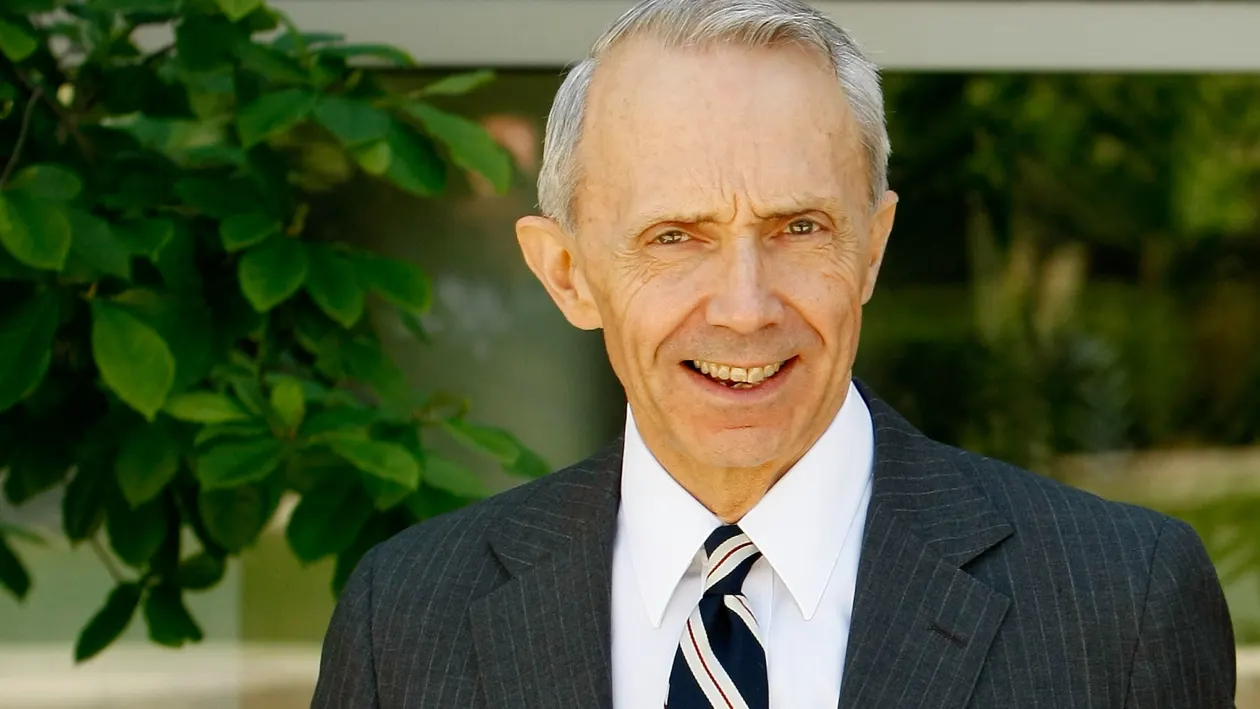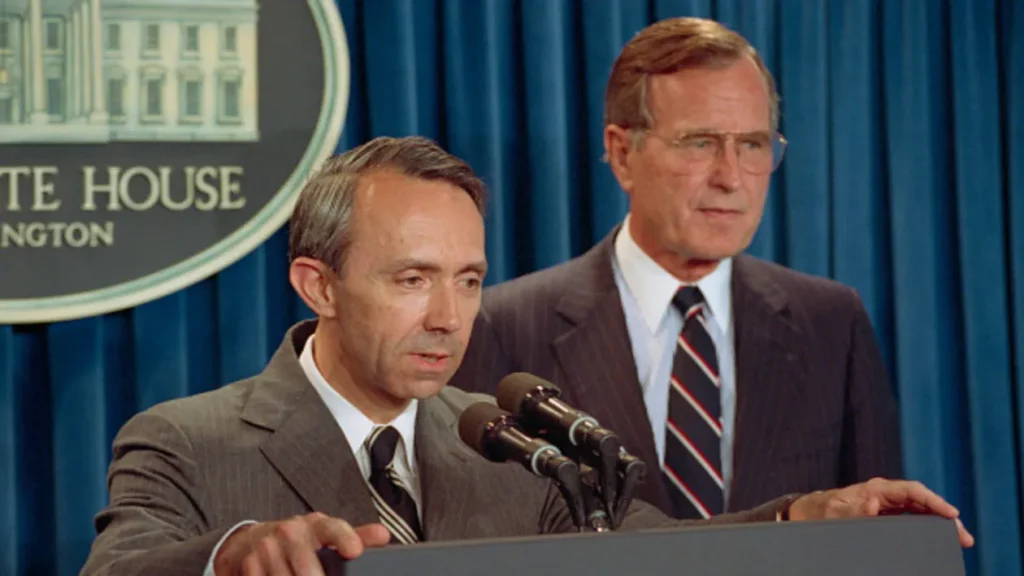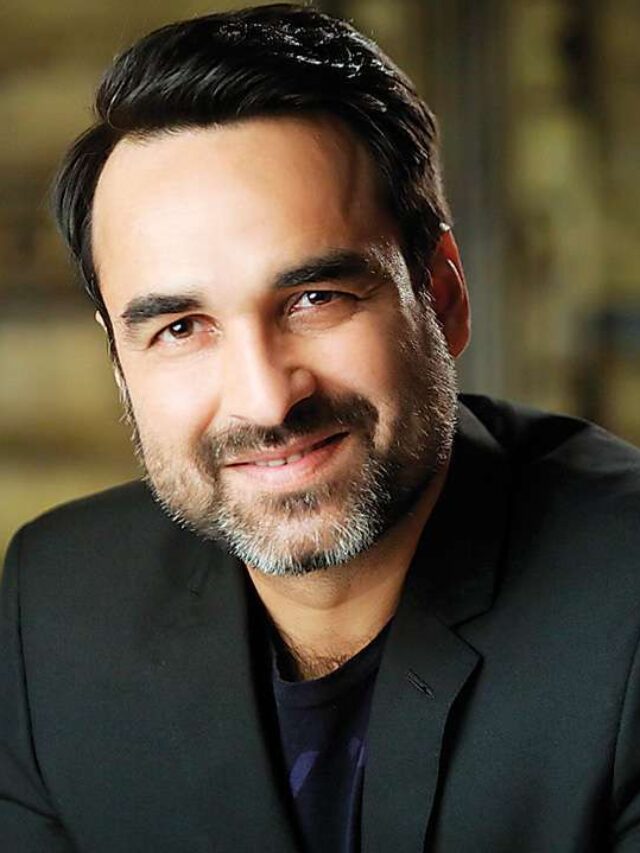KEY POINTS
- Former Supreme Court Justice David Souter died Thursday at his home in New Hampshire,the court said. He was 85 year old.
- David Souter was anticipated to be a steadfast conservative on the U.S. Supreme Court when appointed by President George H.W. Bush in 1990. Instead, he carved out a reputation as an independent and moderate justice, frequently siding with the court’s liberal justices on pivotal cases.
- Souter was known for his meticulous preparation, handwritten opinions, and aversion to publicity, shunning media attention and modern technology.
- His judicial approach defied initial expectations, emphasizing pragmatism and fidelity to precedent over ideological alignment.

Chip Somodevilla/ Getty Images News/ Getty Images
David Souter, born September 17, 1939, in Melrose, Massachusetts, served as an Associate Justice of the U.S. Supreme Court from 1990 to 2009. Appointed by President George H.W. Bush
People thought that he would be a conservative judge. But Souter was known for his independent and balanced approach. But he sided with the liberal side in important decisions of the Supreme Court.Many were surprised by his shift in ideology, but he preferred legal traditions and restraint to any specific ideology.

Bettmann | Bettmann | Getty
Souter grew up in New Hampshire, where he loved the simple rural lifestyle. He graduated from Harvard College and Harvard Law School, later attending Oxford as a Rhodes Scholar.
Prior to becoming a Supreme Court judge, he served as a justice of the state Supreme Court, a judge of the Federal Appeals Court, and as Attorney General of New Hampshire’s.
During his Supreme Court career, David Souter authored several significant decisions, including those upholding abortion rights in Planned Parenthood v. Casey (1992) and affirming federal power in McConnell v. FEC (2003). He valued the principle of stare decisis, emphasizing the importance of respecting established legal precedents.
When Souter retired in 2009 at age 69, he returned to New Hampshire, where he chose a quiet life away from the glamorous world of Washington. His colleagues admired his intelligence and humor, but he remained a private person. He loved the simple life, walking in the mountains and reading books.


